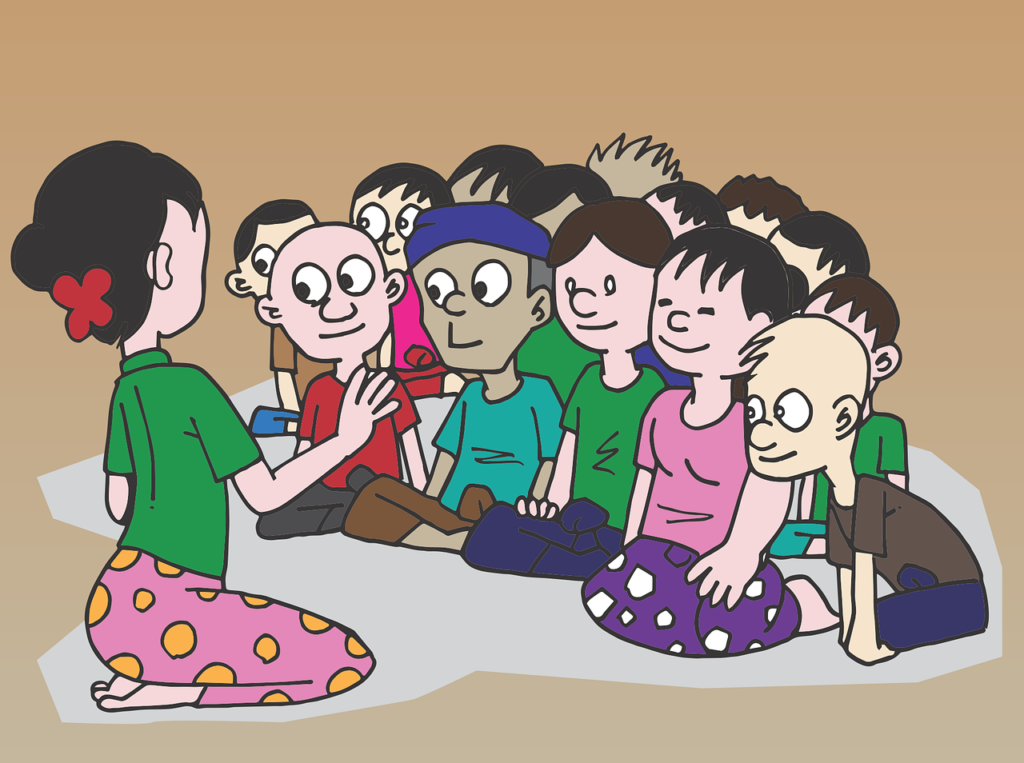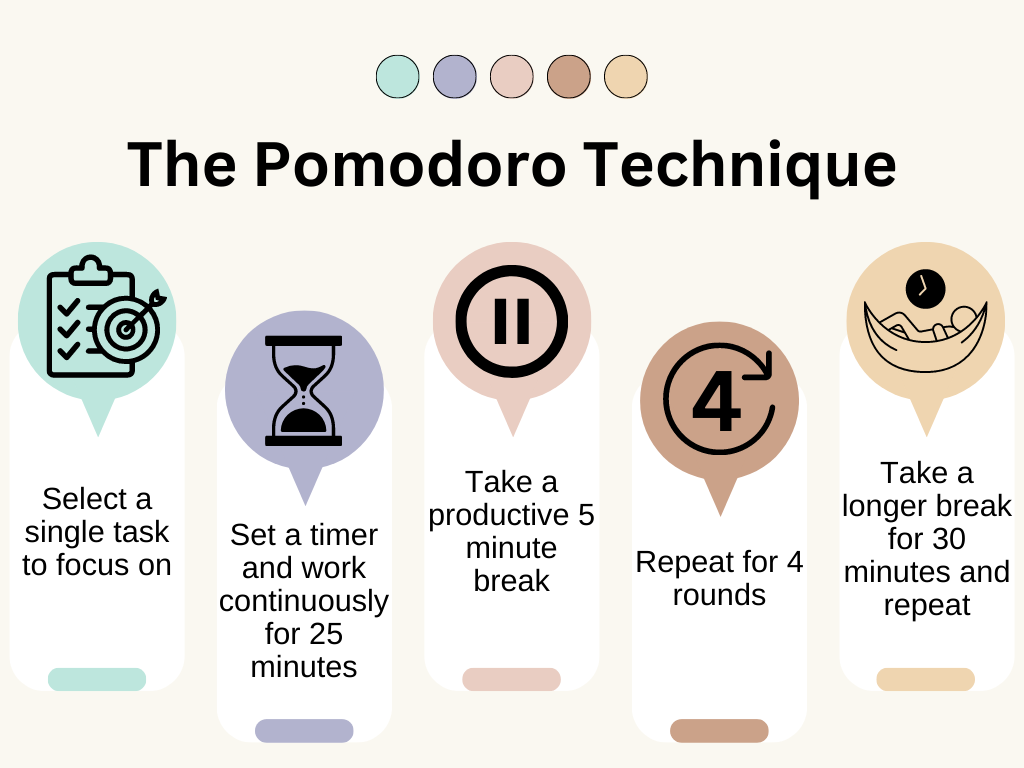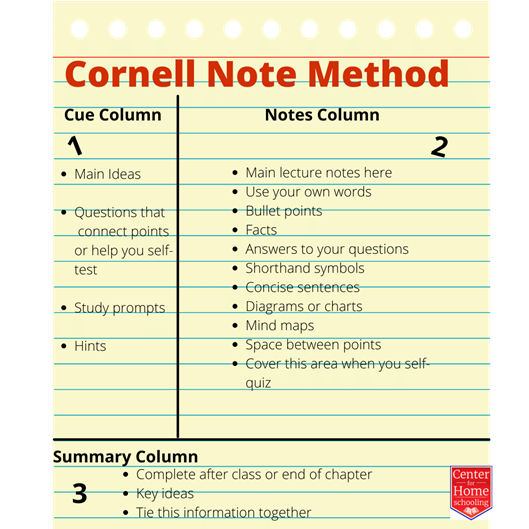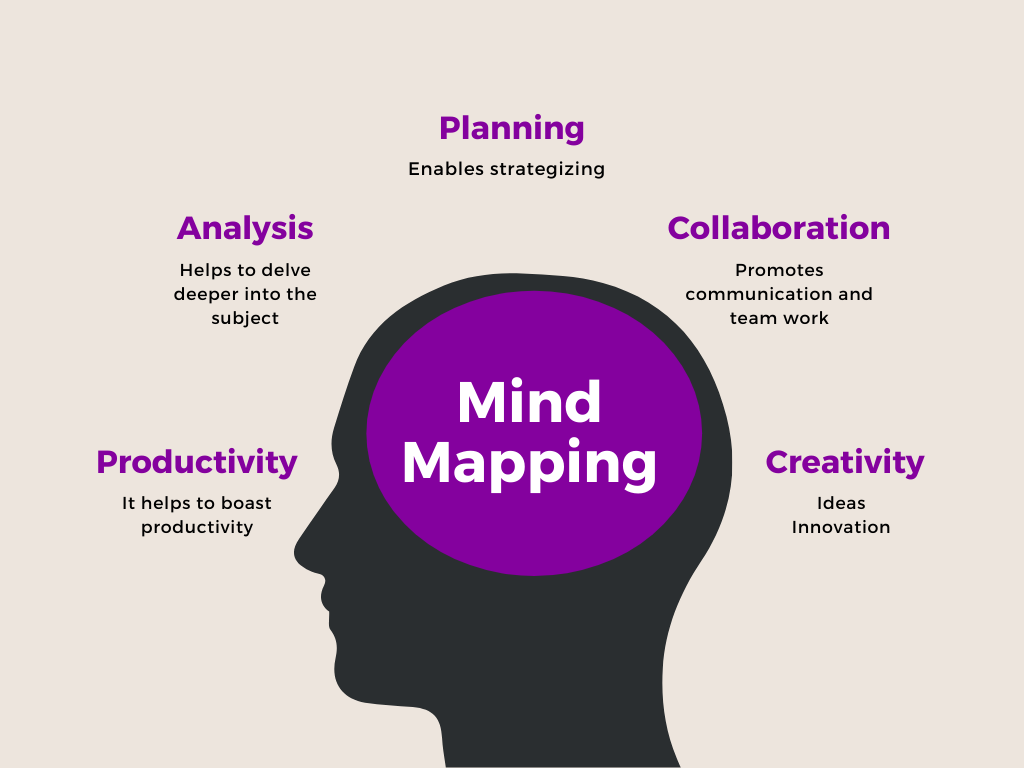
Education to Children – Importance and necessity
Education in early childhood sets the stage for a child’s lifelong learning journey, fostering curiosity and a love for learning. It helps develop critical thinking skills, problem-solving abilities, and decision-making skills, which are crucial for success in various aspects of life. Education also promotes social skills, teaching kids how to interact, communicate, and cooperate with others. It contributes to personal development, including self-confidence, creativity, and emotional intelligence. Education prepares children for future academic and career opportunities, enhancing their prospects for a better quality of life.
Difficulties for educators while learning children:
Children have diverse learning styles, paces, and needs, making it challenging for educators to cater to every child effectively. Limited resources, including funding, qualified teachers, and access to educational materials, can hinder the quality of education. Keeping children engaged and motivated in the learning process can be difficult, especially with distractions from technology and other sources. Socioeconomic disparities can lead to unequal access to quality education, perpetuating cycles of disadvantage. Rapid advancements in technology and changes in the job market require educators to adapt their methods and curricula to ensure relevance. The emphasis on standardized testing can sometimes create pressure on students and teachers, affecting the overall learning experience. Addressing the mental health and well-being of children is increasingly important, especially in the face of academic and social pressures.
Overall, while educating kids is vital for their development, it’s essential to address these challenges to ensure that every child has access to a high-quality education that meets their individual needs.
What makes studying difficult for some children ?
Children can face various challenges in learning, including:
- Lack of Interest: If a child is not interested in a subject, they may struggle to pay attention and absorb information.
- Learning Disabilities: Conditions like dyslexia or ADHD can make learning more difficult for some children.
- Lack of Motivation: Without a clear motivation or goal, children might not be motivated to learn.
- Inadequate Resources: Limited access to educational materials, books, or technology can hinder learning.
- Bullying or Social Issues: Negative social experiences can affect a child’s ability to focus on learning.
- Health Problems: Physical or mental health issues can impact a child’s ability to learn effectively.
- Teaching Methods: Incompatible teaching methods or an unsupportive learning environment can be a barrier.
- Parental Involvement: A lack of parental support or involvement in a child’s education can hinder their learning.
- Peer Pressure: Peer influence can sometimes discourage children from focusing on their studies.
- Language Barriers: Children who are not fluent in the language of instruction may struggle to understand the material.
Addressing these challenges often involves a combination of supportive teachers, parents, and educational resources tailored to the child’s needs. Early identification and intervention are crucial for helping children overcome these obstacles and succeed in their learning journey.
Solutions
Studying can present various challenges. Here are some common challenges and potential solutions:
- Procrastination: Set a study schedule, break tasks into smaller chunks, and use techniques like the Pomodoro method to stay focused.
-
- Self Motivation: Find your personal motivation, set goals, and reward yourself when you achieve them.
- Understanding Material with help: Seek help from teachers, professors, or tutors. Use online resources, textbooks, and study groups to gain a better understanding.
- Time Management: Create a study timetable, prioritize tasks, and eliminate distractions to make the most of your study time.
- Test Anxiety: Practice relaxation techniques, visualize success, and take practice exams to build confidence.
- Distractions: Create a dedicated study space, turn off notifications, and use website blockers if necessary.
- Poor Note-Taking: Develop effective note-taking strategies, such as the Cornell method or mind mapping.
- Memory Issues: Use mnemonic devices, spaced repetition, and active recall techniques to improve memory.
- Balancing Work and Study: Prioritize tasks, communicate with your employer or professors, and seek support from family and friends.
- Health and Well-being: Maintain a balanced diet, exercise regularly, get enough sleep, and practice stress management techniques.
Remember, everyone faces unique challenges in their studies, so it’s essential to tailor solutions to your specific situation and needs.


